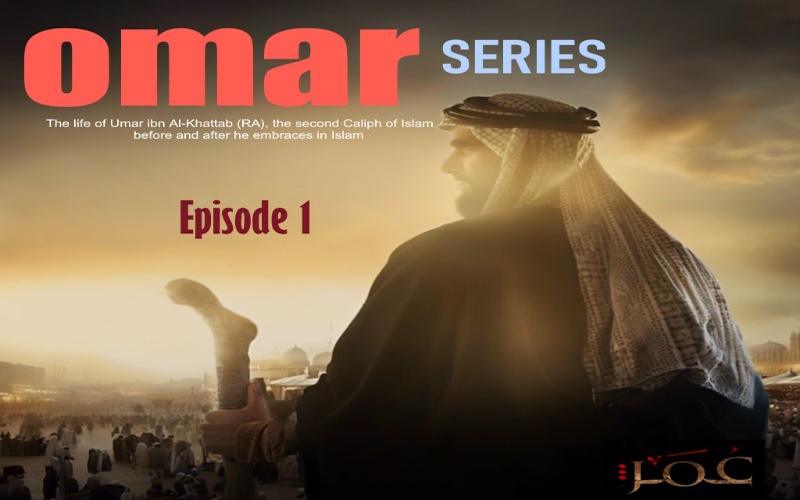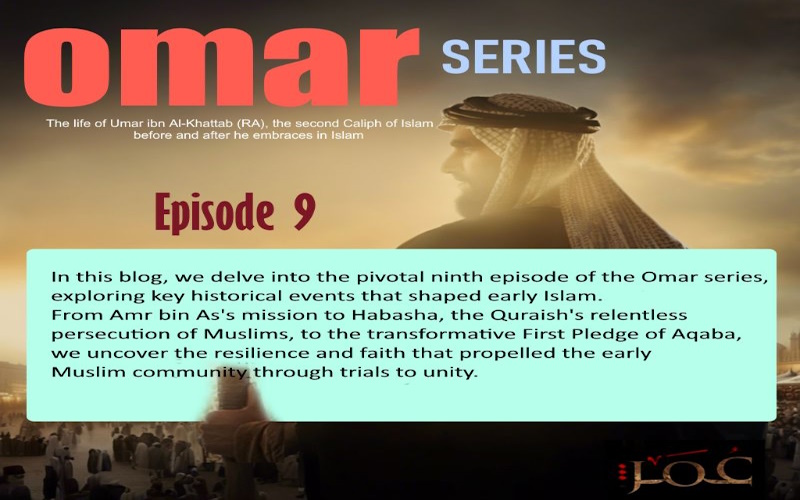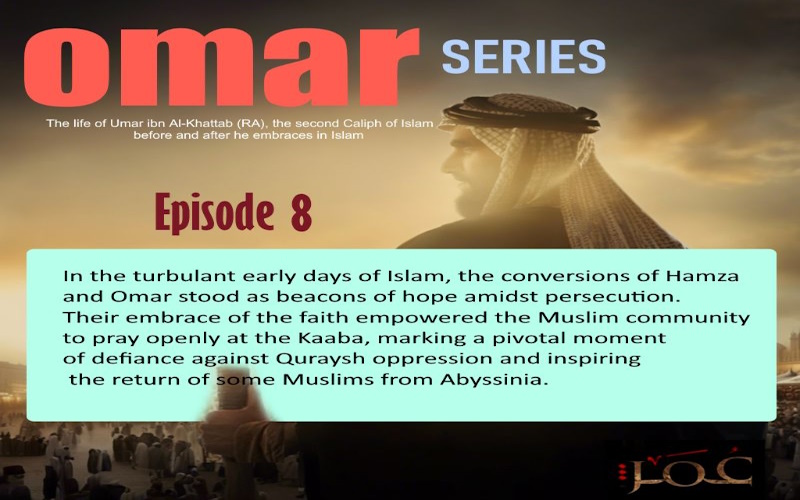The historical Arab series “Omar,” co-produced in 2012 by MBC1 and Qatar TV, is a testament to Islam’s profound historical significance. This 30-episode epic, directed by Hatem Ali, explores the life of Omar Ibn Al-Khattab, the second Caliph of the Islamic State and a trusted associate of Prophet Muhammad (Peace be upon him).
Historical Accuracy:
The distinguishing feature of “Omar” is its commitment to historical accuracy. The series is on reliable historical sources, ensuring it avoids the risks of fictitious additions. As a result, it has received praise for its authenticity. It successfully maintains a delicate equilibrium between creativity and the accurate representation of historical events.
Summary of the Plot:
The story takes place in the 23rd year of Hijra at Makkah during the annual Hajj journey. Omar Ibn Al-Khattab (May Allah be pleased with him) is engaged in the hajj ritual inside the Ka’abah. The series depicts the journey back to Medinah. Omar contemplates his profound transformation from tending to camels in the desert during his pre-Islamic period to emerging as a prominent person in Islamic history.
Recollections and Contemplations:
During Omar’s voyage from Makkah to Medinah (may Allah be pleased with him), the series effectively utilises flashbacks to immerse viewers in significant stages of Omar’s life. The recollections encompass his complicated relationship with his father, Al-Khattab, in the desert vastness, where he would work hard to keep his father happy. The series portrays the adversities Omar encountered throughout his formative years, highlighting the striking disparity between his previous circumstances and his current devout Muslim identity.
Conversion to Islam:
A pivotal moment in the story occurs when Omar fully converts and adopts the Islamic faith. The story eloquently depicts the dramatic transformations in his life, emphasising the lack of mediators between him and his Lord. The fundamental theme of spiritual change exemplifies Omar’s unshakable commitment to his faith.
Historical Expedition:
“Omar” provides a detailed account of the significant events that influenced Omar’s life, starting from his pre-Islamic period and highlighting his crucial position as the second Caliph. The series functions as a visual record of Islamic history, vividly portraying the obstacles and victories encountered by Omar and the initial Muslim community.
Positive reception:
The series received praise for its historical accuracy and high production value. The focus on set design, costumes, and cinematography heightens the immersive nature of “Omar,” rendering it a visually striking and intellectually stimulating piece of work.
In conclusion:
“Omar” surpasses the usual historical drama genre, presenting itself as a captivating and genuine examination of Islamic history. The series has made a lasting impact by accurately portraying historical events and providing a detailed portrayal of Omar Ibn Al-Khattab. It has entertained viewers and served as an educational resource, shedding light on Islam’s cultural and religious significance for a global audience






